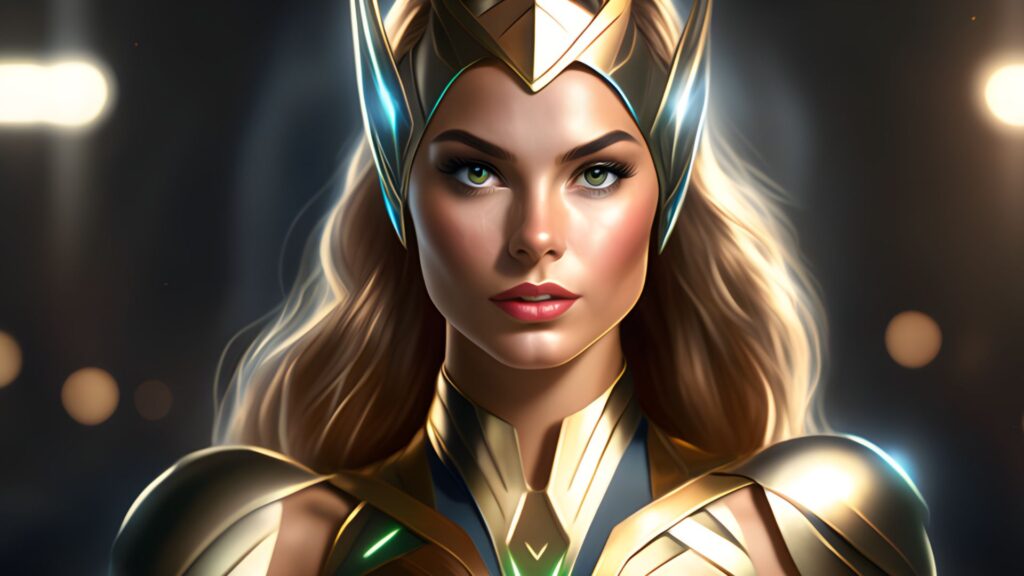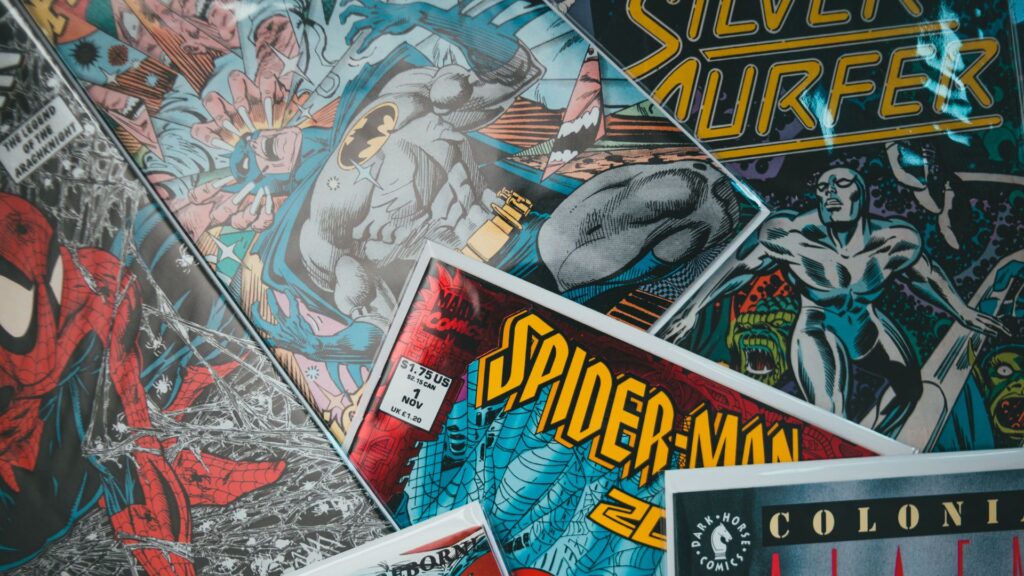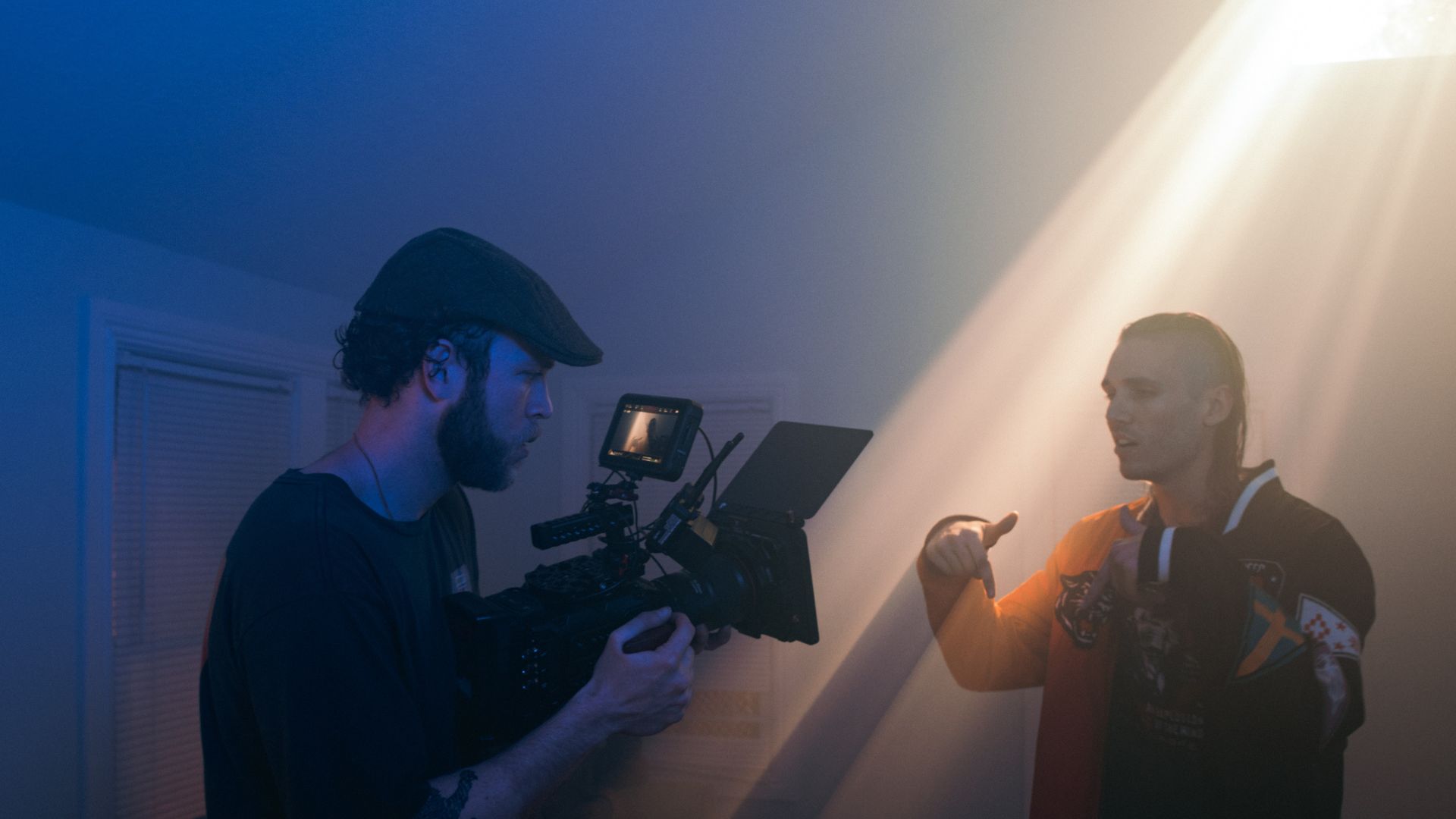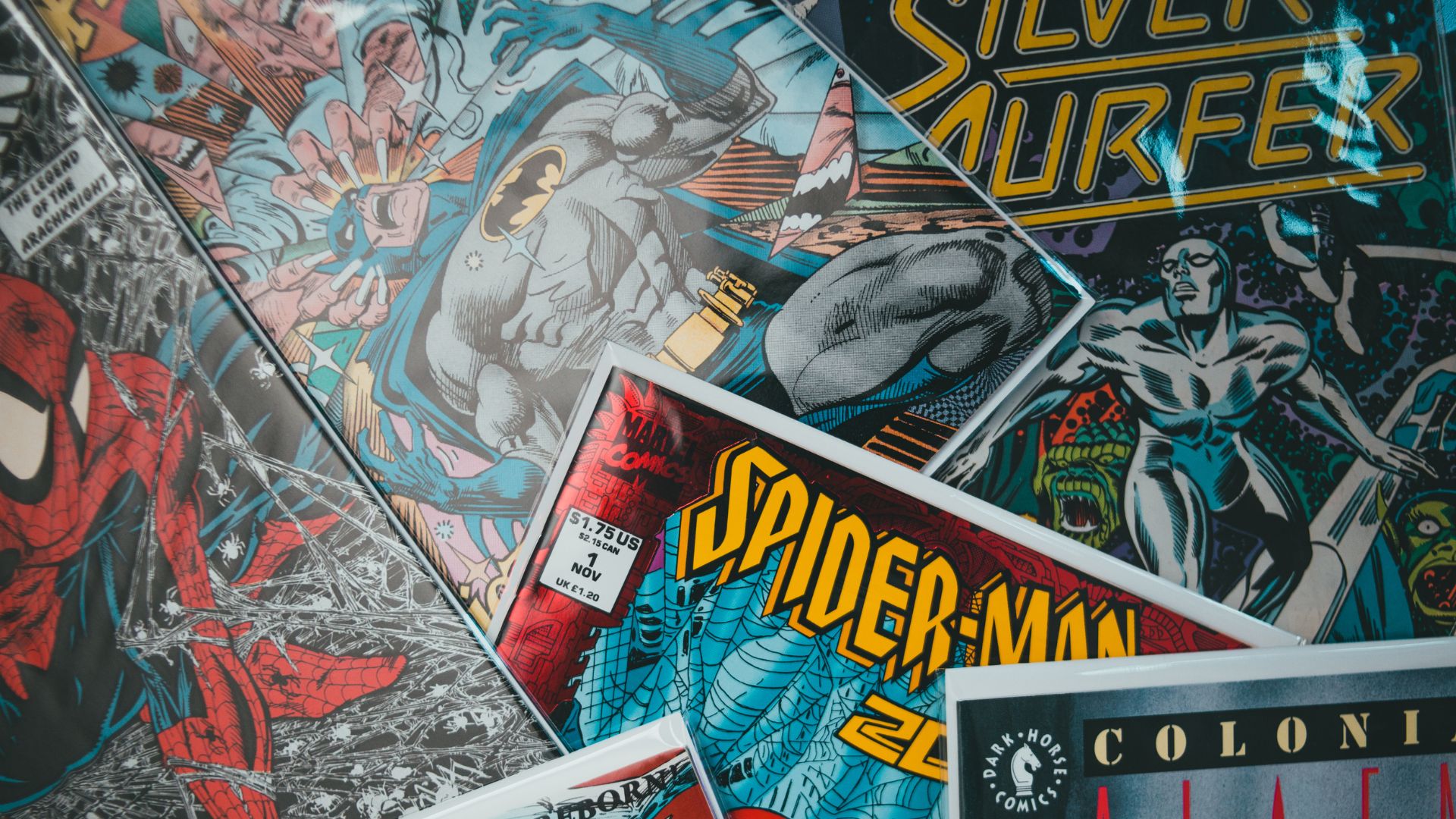Superhero movies have become a dominant force in contemporary cinema, making up a significant portion of box office hits and shaping pop culture as a whole. From early adaptations of comic book characters to the expansive interconnected universes we see today, the superhero genre has evolved dramatically over the years. While superhero films were once seen as niche entertainment for comic book fans, they have grown into some of the most widely-anticipated, culturally relevant, and financially successful films in history.
In this article, we’ll explore the evolution of superhero films, from their humble beginnings to the rise of the Marvel Cinematic Universe (MCU) and the darker, more complex stories that have pushed the boundaries of the genre:
- Origins and early days of superhero films
- The MCU and the golden age of superheroes
- The darker side of superhero films
- The future of superhero films

Origins and early days of superhero films
The journey of superhero films began with modest steps. Although comic book characters had long been popular in print, it wasn’t until the late 20th century that they truly began to make a mark on the silver screen. The first major superhero adaptation that made waves in cinema was Superman (1978), directed by Richard Donner and starring Christopher Reeve. This film introduced audiences to the Man of Steel, bringing the larger-than-life hero to the big screen in a way that had never been done before. It wasn’t just about the superhuman feats of strength and flying; Superman was the first film to truly capture the spirit of a comic book hero—an iconic, relatable figure who represents hope, justice, and the greater good.
Superman paved the way for the next wave of superhero films, including Tim Burton’s Batman (1989), which brought a darker, more brooding version of the Caped Crusader to life. Michael Keaton’s portrayal of Bruce Wayne/Batman, combined with Burton’s gothic direction, gave Batman a sense of depth and emotional complexity that wasn’t seen before in the genre. The film’s success marked the beginning of a new era of superhero films, where studios began to realise the potential of these characters beyond the comic book pages.
At this point, superhero films were still relatively rare and often treated as quirky, niche entertainment. However, their growing popularity began to attract more attention from filmmakers and studios, leading to further adaptations of beloved comic characters. The influence of the source material was clear in the visual storytelling, as comic books’ dynamic layouts and bold imagery were translated onto the big screen with greater fidelity.
The MCU and the golden age of superheroes
While superhero films gained traction throughout the late 20th century, it was the rise of the Marvel Cinematic Universe (MCU) in the 2000s that truly revolutionised the genre and its place in mainstream cinema. Launched with Iron Man (2008), the MCU introduced a new kind of superhero film—one that was interconnected, expansive, and highly ambitious. What made the MCU unique was its decision to create a shared universe, where characters and storylines from one film bled into others, building a larger narrative arc over multiple films. This approach was groundbreaking and would ultimately change the way superhero films were made.
The Avengers (2012), the culmination of several years of individual superhero films (such as Iron Man, Captain America, and Thor), was a pivotal moment in the history of superhero cinema. It showed that audiences were ready to embrace interconnected storylines and the idea of a cinematic universe. The MCU’s success was not just about having a lot of superheroes on screen at once; it was about how the characters’ arcs, their motivations, and their relationships with one another were woven together across multiple films. The shared universe became a defining feature of superhero cinema, leading to a wave of interconnected franchises from both Marvel and DC.
In addition to the MCU, other superhero franchises, like X-Men (2000) and Spider-Man (2002), played pivotal roles in the genre’s growth. X-Men helped usher in the modern era of superhero films, introducing a team of complex, flawed characters, while Spider-Man—starring Tobey Maguire—became one of the first blockbuster superhero films that was both a commercial and critical success. These early successes proved that superhero films could be more than just action-packed spectacles; they could explore deep themes like identity, belonging, and responsibility, which made them relatable to a broader audience.

The darker side of superhero films
While the MCU and other superhero films embraced more lighthearted, action-packed stories, some filmmakers began pushing the boundaries of the genre, creating darker, more complex films that explored the psychological toll of being a superhero. Two standout films in this area are The Dark Knight (2008) and Logan (2017), which proved that superhero stories could delve into mature themes and offer a more nuanced perspective on heroism.
The Dark Knight, directed by Christopher Nolan, is often cited as one of the greatest superhero films ever made. The film’s exploration of morality, chaos, and the duality of good and evil was both intellectually stimulating and emotionally powerful. Heath Ledger’s portrayal of the Joker was a standout performance, providing a chilling and chaotic antagonist who was a far cry from the more traditional, one-dimensional villains of earlier superhero films. Nolan’s trilogy, which started with Batman Begins (2005), brought a gritty realism to superhero films, showing that these characters could explore deeper psychological and philosophical themes without sacrificing the excitement or spectacle that makes them appealing.
Logan, directed by James Mangold, took the X-Men franchise in a different direction, offering a bleak and introspective look at the character of Wolverine. Set in a dystopian future where mutants are almost extinct, Logan portrays an older, weary Wolverine who is struggling with the consequences of his violent past. The film is not only a superhero film but also a meditation on aging, loss, and redemption. Logan’s mature themes and R-rating set it apart from other films in the genre, proving that superhero stories could be both emotionally raw and narratively complex.
The future of superhero films
Superhero films have come a long way since the early days of Superman and Batman, evolving into some of the most popular and influential films in modern cinema. From the interconnected, larger-than-life storytelling of the MCU to the darker, more introspective stories like The Dark Knight and Logan, superhero movies have proven they can entertain, inspire, and even challenge audiences. As the genre continues to grow, there’s no doubt that superhero films will remain a major part of the cinematic landscape, continually pushing boundaries and evolving to reflect new cultural, societal, and personal themes.
Let’s recap today’s article:
- Superhero films have become dominant in modern cinema, evolving from niche adaptations to global blockbusters that shape pop culture.
- Early superhero films like Superman (1978) and Batman (1989) laid the groundwork for the genre, with influences from comic books shaping visual storytelling and character development.
- The Marvel Cinematic Universe (MCU) revolutionised superhero films by creating interconnected storylines across multiple films, starting with Iron Man (2008) and culminating in massive crossovers like The Avengers (2012).
- Franchises like X-Men and Spider-Man helped modernise the genre, adding depth to superhero characters and exploring themes like identity and responsibility.
- Films like The Dark Knight (2008) and Logan (2017) pushed the boundaries of the genre, offering mature, philosophical takes on heroism and exploring themes like morality, aging, and redemption.
- The superhero genre is expected to continue growing, with new characters, complex narratives, and fresh takes on familiar stories that will captivate audiences for years to come.
The future of superhero films looks as promising as ever, with new characters, new universes, and new types of stories on the horizon. Whether it’s exploring deeper moral dilemmas, delving into the psyche of iconic characters, or delivering mind-blowing action sequences, superhero films will continue to evolve and captivate audiences for years to come.








